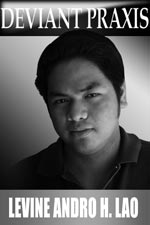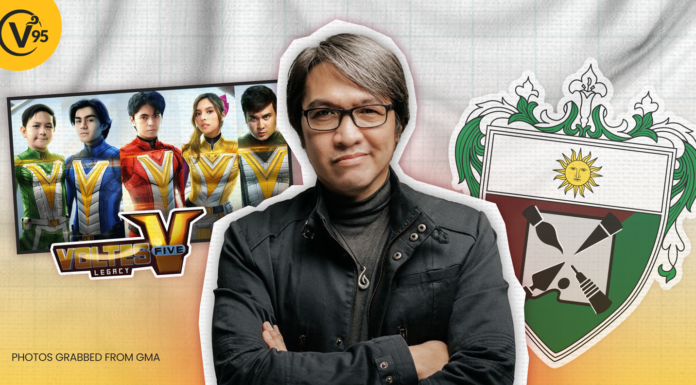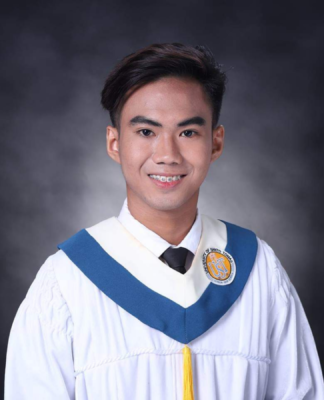 THIS YEAR will surely go down in history as a milestone in Filipino thought. If it does not, it will at least be remembered as the year when several educational institutions attempted to build a strong academic tradition in philosophy. The tradition was highlighted by the Philippines hosting the Conférence Mondiale des Institutions Universitaires Catholiques de Philosophie (COMIUCAP), the Third World Congress in Philosophy.
THIS YEAR will surely go down in history as a milestone in Filipino thought. If it does not, it will at least be remembered as the year when several educational institutions attempted to build a strong academic tradition in philosophy. The tradition was highlighted by the Philippines hosting the Conférence Mondiale des Institutions Universitaires Catholiques de Philosophie (COMIUCAP), the Third World Congress in Philosophy.
The conference was hosted by UST and the Ateneo de Manila University and graced by no less than the renowned European contemporary thinker Jean-Luc Marion, former director of philosophy in the premier University of Paris IV.
Other “big” minds of philosophy contributed to making the conference a prestigious and memorable event, notably UST’s own “Venerable Master,” Prof. Alfredo Co, who was the only Asian plenary speaker.
A leading Sinologist with a global renown, Co enthralled majority, if not all, of the delegates with his paper presentation, “Beyond Ricci and Longbardi: Exploring a Dialogue of East-West Transcendence.” True enough, it was the open forum after his lecture that drew the event’s most active discussion, making the Thomasian professor probably the most insightful speaker of the international conference.
Indeed, the occasion showed that Filipino thinkers have the capability to compete and even rise parallel with other intellectual giants.
Whether or not there is such a school as Filipino philosophy is not important. What’s important is that there are world-class Filipino thinkers who, by their work and example, are developing and evolving Filipino thought.
Arguably, if there is no Filipino philosophy yet, then start one. And this can only be possible if the academe and a network of academicians and experts provide a worthwhile environment where thought could thrive.
Disappointingly, some philosophy programs in the country have folded up.
In one of the parallel sessions of the COMIUCAP, an alarm was raised about the deteriorating situation of philosophical education in the country.But there are attempts to remedy the situation.
For instance, I am thankful that there is already an association of undergraduate philosophy students from various universities and colleges in the country, the Council of Filipino Philosophers (COFPHI). It gives an avenue for students to engage in intellectual discourses through writing and paper presentations.
Today, more and more organizations are formed to promote philosophical studies. These include the Philosophy Circle of the Philippines, the Philippine Academy of Philosophical Research, and the Philosophical Association of the Philippines, among others.
Evidently, great efforts have already been exerted to keep the flame of intellectual thought in the Philippines alive and vibrant. All these efforts cannot go to waste if only because the tradition of philosophical thought in the country runs deep and should be kept!
***
The 6th annual pre-congress of COFPHI is set on Dec. 5 at Miriam College in Katipunan, carrying the theme, “Philosophizing on Man’s Pleasures and Desires.” Sub-themes are “The Pursuit of Happiness as the Fundamental aim of All Human Actions,” “Identifying the Basis of Ethics through the Dichotomy of Passion and Reason,” and “ Philosophizing about Vices: Temptation Beyond Reason.”















